1. Creating Healthy Professional Boundaries (6hr)
Description:
The ability to set boundaries can be difficult in personal situations and they can become even more complex when they involve the power, roles, and culture of a workplace. This training explores how porous, rigid, and healthy boundaries (or lack thereof) affect our relationships and performance in the work dynamic. It is difficult to sustain energy when the lack of or excessive use of boundaries demands attention. This training provides ready-to-use tools to help build the skills needed to set and maintain healthy boundaries.
Objectives:
- Discuss individual experiences with boundaries based on the boundaries self-assessment quiz.
- Define and discuss the different types of boundaries.
- Describe elements of effectively communicating boundaries.
- Practice articulating boundaries and build ways to survive the first few times new boundaries are set.
Related:
Navigating Challenging Conversations (6hr)
Understanding Unconscious Bias (6hr)
2. Fostering Reflective Practice in the Workplace (6hr)
Description:
This full-day session translates and supports the space between various levels of accountability within an organization. Participants will have the opportunity to build a common language that creates space for growth at all levels of an organization using a reflective practice approach. Supervision is often associated with stress and anxiety in the workplace; however, this session explores how to communicate and consolidate learning within frontline and supervisory relationships.
Objectives:
- Explore the role of met and unmet needs in the workplace environment and how that shows up in our professional competencies (knowledge, behavioural, and activating).
- Build understanding around what reflective practice offers to different supervisory spaces, including the practitioner's role in the supervision context.
- Employ practical tools that build self-awareness, including a self-assessment of your own perceptions and ideas. Build capacity related to communication with the different roles, goals, and techniques within an organization. Explore strategies and tools for moving from communication(talk) to consolidation (or action) related to reflective learning.
Related:
Building Psychological Safety in the Workplace (12hr)
Strategies for Reflective Supervision (6hr)
3. Navigating Challenging Conversations (6hr)
Description:
What is it that makes us so afraid to have tough conversations? Maybe we can answer that question with another question. What is the “perk” you get out of not having a challenging conversation? The answer can be explored from fear to compassion. In this session, we explore tools to support the idea that having challenging conversations are one of the most compassionate tools we have in human service. It has the unpinning value that the other person holds equal value, and communication can influence behaviour.
Objectives:
- Explore the tension and language that makes a conversation challenging.
- Discover the value and strengths that challenging conversations offer you, your team, or your clients in moving toward authentic connection and intentional behaviours.
- Examine practical tools and conversation mapping strategies to support engaging in challenging conversations.
Related:
Understanding Unconscious Bias (6hr)
Supporting Clients with Goal Setting (3hr)
Group Facilitation: The Art of Trauma-Informed Facilitation (6hr)
4. Supporting Clients with Goal Setting (3hr)
Description:
Much of the language that supports goal setting is mirrored in making the goals specific and actionable. This is the approach to both success and failure, and it suggests there is an end to the process. However, if the focus is on the systems that get a person to that moment, they are more likely to have a compounding effect. Positive compounding may include productivity, knowledge, and relationships that sustain once the goal has been attained. The question to consider is: If you completely ignored your goals and focused only on your own system, would you still succeed?
Objectives:
- Examining the elements of the strengths within a person’s systems that exist within habits they already have.
- Explore the tension between positive and negative compounding habits or systems. Specifically positive compounds of productivity, knowledge, and relationships.
- Discuss toolkit strategies and wisdom related to elements that support systems.
Related:
Creating Healthy Professional Boundaries (6hr)
Moving from Self-Care to Self-Sustainability (3hr)
5. Moving from Self-Care to Self-Sustainability (3hr)
Description:
What’s Your Story? - This three-hour session takes a deep dive into the roles of self-compassion and strength of vulnerability. It is important to remember that we all have a past and future that influences how we can interact in our work environments. Participants will have the opportunity to share their wisdom related to building strong relationships at work through authentic communication and self-compassion.
Objectives:
- Understand types and tools to support self-compassion as you are the tool of your trade.
- Explore how your story of self-compassion can motivate behaviours and affect relationships.
- Reflect on how barriers to self-compassion show up for you.
- Understand the Stages of Progress toward Self-Compassion Practice.
Related:
Compassion to ActionTM (6hr)
Supporting Clients with Goal Setting (3hr)
6. Understanding Unconscious Bias (6hr)
Description:
In this full-day training, participants will learn what unconscious bias is and how it shows up in the places we are the most comfortable. What if we took the opportunity to really reflect on why we hire someone or why we like to work within smaller groups at work? Using research and activities, this training uncovers how difficult conversations help uncover bias and how tough conversations are not confrontational but validating. No preparation is necessary, as you will all come with your biases, as we all have them.
Objectives:
- Understand unconscious bias and the ways it can show up in the workplace.
- Explore ways bias shows up in the way we interact with colleagues.
- Increase communication skills related to bias with tools to support challenging conversations related to bias.
- Explore methods to help check bias in the way decisions are made.
Options:
Half-Day (3 hours) – This does not include practical application content.
Related:
Navigating Challenging Conversations (6hr)
Building Psychological Safety in the Workplace (12hr)
Contact us
Address
7 Sir Winston Churchill Sq NW, Edmonton, AB, Canada
780-428-9465
info@imagineinstitute.ca
CONTACT
Imagine Institute For Learning
#624, 7 Sir Winston Churchill Square NW,
780-428-9465
Toll free: 1-877-652-1524
© Copyright 2023 | Imagine Institute for Learning


